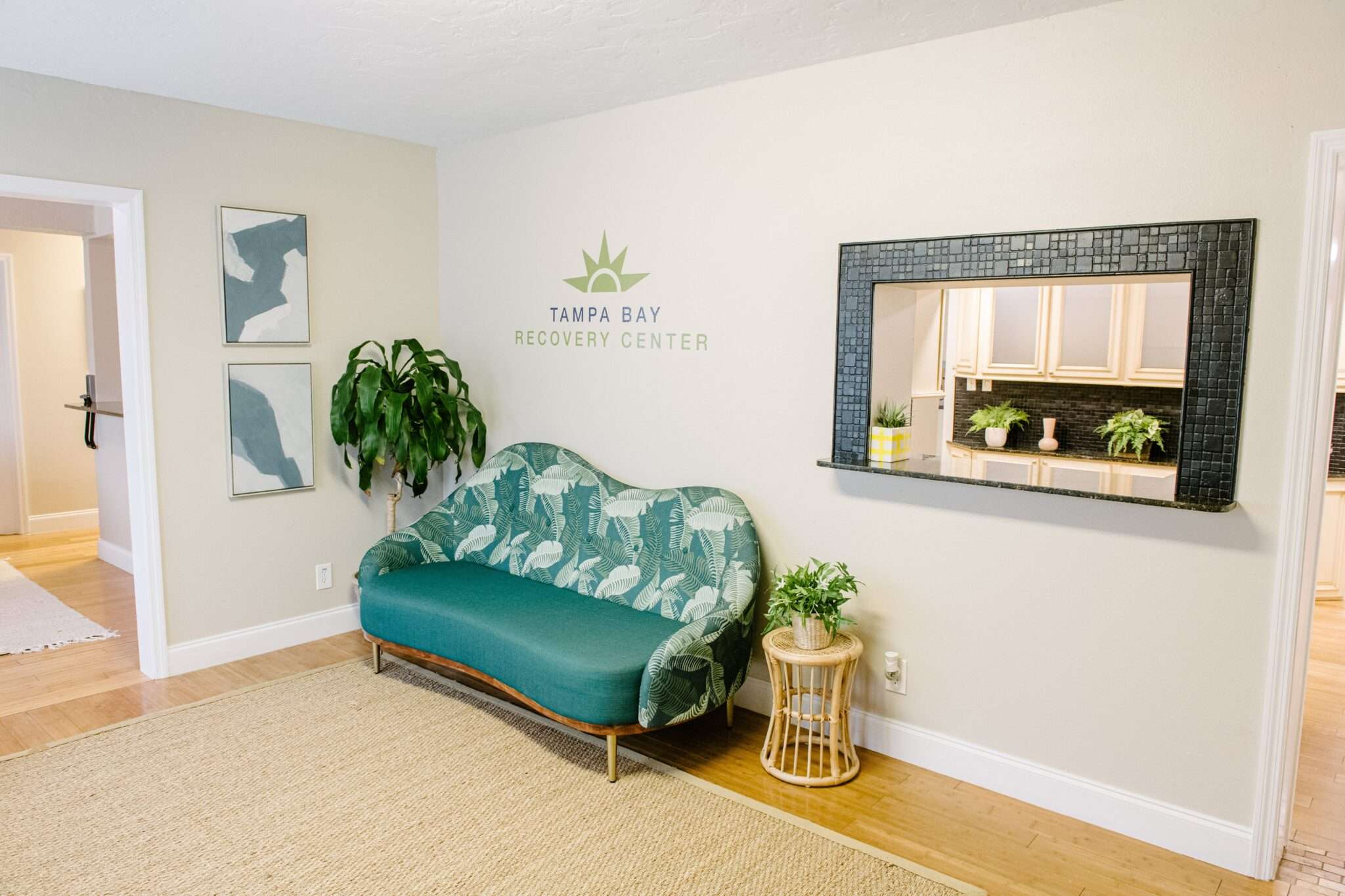Kratom Addiction Treatment in Tampa, Florida
The popularity of kratom has risen in recent years, leading to a significant increase in cases of kratom abuse and addiction. This growing issue has created a pressing need for comprehensive kratom rehab. At Gulf Coast Recovery Center, our kratom rehab program provides the stability, support, and personalized care needed to help individuals overcome kratom addiction and regain control of their lives.
If you or a loved one is struggling with kratom addiction, call us now at 813-755-8864 or verify your insurance to begin your recovery journey.
What is Kratom?
Kratom is a substance derived from the Mitragyna speciosa tree, native to Southeast Asia. The leaves can be brewed into tea, smoked, ingested as a powder, or turned into pills. Kratom is widely available in various forms, including extracts and gums, and is marketed for its stimulating and sedative effects.
How Kratom Works
Kratom’s active compounds—mitragynine and 7-hydroxymitragynine—bind to opioid receptors in the brain, producing effects ranging from pain relief and mild euphoria to sedation at higher doses. While some advocate for kratom’s therapeutic benefits, including pain management and relief from opioid withdrawal, its safety and efficacy remain controversial. The Drug Enforcement Administration (DEA) classifies kratom as a “drug of concern.”
Effects of Kratom Abuse and Misuse
Many individuals misuse kratom by combining it with substances like alcohol to enhance its effects, often unaware of the risks. Combining kratom with alcohol can lead to dangerous health outcomes, including overdose.
Risks of Contaminated Kratom Products
Because kratom products are not federally regulated, they are often adulterated with harmful substances like heavy metals or salmonella. Contaminated kratom can cause:
- Cramping
- Vomiting
- Diarrhea
- Muscle pain
- Fever
- Kidney damage
Signs and Symptoms of Kratom Addiction
Recognizing kratom addiction is the first step toward recovery. Symptoms include:
Behavioral Symptoms
- Excessive talkativeness
- Tearfulness
- Erratic or aggressive behavior
- Neglecting personal responsibilities
- Loss of interest in enjoyable activities
Physical Symptoms
- Increased energy
- Shakiness or tremors
- Nausea and vomiting
- Sweating
- Respiratory issues
- Constipation
- Sedation (at higher doses)
Cognitive Symptoms
- Difficulty concentrating
- Increased alertness
- Delusions and hallucinations
- Panic
- Decreased sex drive
What Causes Kratom Addiction?
Kratom interacts with the brain’s opioid receptors, creating effects similar to opioids. While some use kratom as a perceived “safer” alternative to opioids, its addictive properties can quickly lead to dependency. Regular use of kratom can result in physical and psychological dependence, marked by tolerance, withdrawal symptoms, and compulsive use.
How to Know It’s Time to Get Help
Substance use disorder develops gradually, often without the user realizing its toll on their life. Signs it’s time to seek professional help include:
- Compulsive urges to use kratom
- Needing larger doses to achieve the same effects
- Risky behaviors to obtain more kratom
- Using despite negative consequences
- Intense withdrawal symptoms
Kratom Rehab Options
At Gulf Coast Recovery Center, we offer flexible and comprehensive treatment options for kratom addiction:
Detoxification
For severe cases, medically supervised detox ensures a safe and controlled withdrawal process. Detox programs help manage symptoms like:
- Muscle aches
- Irritability
- Anxiety
- Nausea
- Insomnia
Outpatient (OP) and Intensive Outpatient Programs (IOP)
Our outpatient and intensive outpatient programs are ideal for individuals seeking treatment while maintaining work or family commitments. Services include:
- Individual and group therapy
- Holistic therapies such as mindfulness and yoga
- Relapse prevention strategies
Support Groups
Groups like Narcotics Anonymous (NA) or kratom-specific recovery groups provide a sense of community and shared support throughout the recovery journey.
Benefits of Kratom Addiction Rehab
Rehab offers numerous benefits, including:
- Breaking the cycle of dependence
- Addressing underlying mental health issues, such as anxiety, depression, or PTSD
- Developing coping strategies and life skills
- Preventing relapse with tailored prevention tools
At Gulf Coast Recovery Center, our kratom rehab program provides a supportive and structured environment to help clients build a healthier, more fulfilling future. If you’re ready to take the first step, call us today at 813-755-8864 or verify your insurance. Your recovery starts here.
















